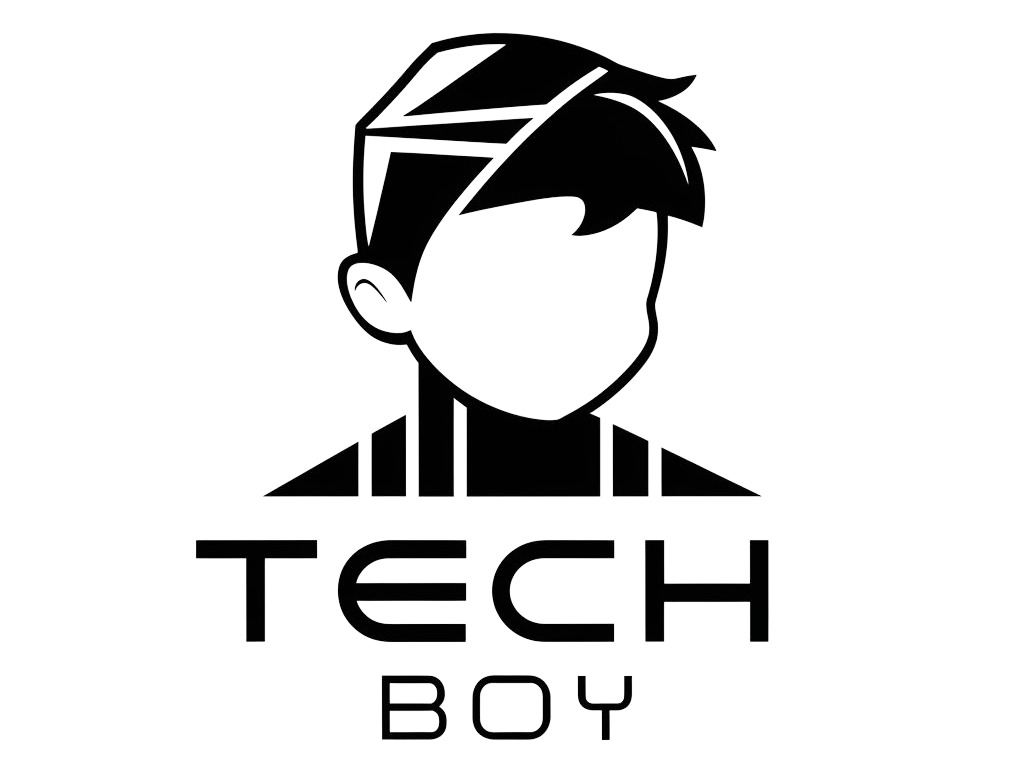Google’s ad-tech antitrust trial: Wrapping up the case for the defense
And now we wait.
Last week, Google did its best to refute the US Department of Justice’s case that the company has built a series of monopolies in the markets for ad serving, ad exchanges, and ad networks, and the DOJ made its rebuttal. Closing arguments will be heard Nov. 25, after both parties have presented their amended findings of fact.
Judge Leonie Brinkema moved the hearing along briskly: The first phase, which had been expected to take up to two months, wrapped in just three weeks. The first two weeks were mostly devoted to the DOJ’s presentation of its case that Google engaged in a “systematic campaign to seize control” of the “tools used by publishers, advertisers, and brokers to facilitate digital advertising.”
As the trial headed towards its third week, Google called its first witness, Scott Sheffer, the company’s vice president of publisher partnerships,.
As Google Vice President of Regulatory Affairs Lee-Anne Mulholland recounted in a blog post, Sheffer explained that Google offers publishers tools that the DOJ completely ignored in making its case — such as AdSense, used by more publishers than the Ad Manager product at issue in the trial.
But a reporter for the CheckMyAds campaign group attending the trial described how, on cross-examination, DOJ lawyers stripped back the tangled web of advertising products Google presented, removing those that do not allow publishers to monetize display ad inventory on their websites, leaving only “the products that form the basis of the markets in the DOJ’s complaint.”
Last look
Later in the week, Google called economist Paul Milgrom, winner of the 2020 Nobel Prize in Economics for his work on auction theory. According to Mulholland, he testified “every one of the conducts we’ve described — Google’s programs — benefited its own customers, either advertisers or publishers or both,” and said that “Google’s changes to its own auction were improvements at the time in which they occurred relative to what had come before.”
Under the DOJ’s cross-examination, according to the CheckMyAds’ reporter, Milgrom conceded that Google does have an advantage over competitors because of practices such as “Last Look” (in which Google gets a chance to outbid the highest bidder in an ad auction) and Sell-Side Dynamic Revenue Share (in which Google sits on the buy and sell sides of transactions, potentially allowing it to manipulate its margin to win auctions). Milgrom acknowledged he had not analyzed the impact of Last Look on other exchanges or on competition in his research.
Per Bjorke, product management director of Google’s Ad Traffic Quality team, was called to testify about how Google keeps bad actors out of its ad exchanges (so publishers don’t end up paying them for fake traffic, for example).
Judith Chevalier, a professor of finance and economics at Yale University, told the court that using Google tools takes a lower share of publishers’ revenue, and that on average it is “less expensive to use Google-to-Google than using third-party-to-third-party” tools for connecting publishers and advertisers, Mulholland wrote.
Only connect
CheckMyAds noted that a chart presented by Chevalier showed that Google Ads was the only buying tool that connected with Google Ad Exchange, a fact DOJ noted in its cross-examination. The integration of Google’s different ad technologies and the lack of openness to competitors is one elements of the DOJ’s case.
Mulholland didn’t namecheck any of the witnesses Google called in its last two days of evidence, but CheckMyAds had plenty to say about Mark Israel, an economics expert who, it came out in questioning, has done paid work for Google in the past. He sought to show that the market for online advertising is a single two-sided market and not the three separate markets (ad servers, ad networks, and ad exchanges) the DOJ says it is.
After Google wrapped up its case, this phase of the hearing concluded with the DOJ calling one last witness in a bid to rebut some of Google’s claims. It asked Matthew Wheatland, chief digital officer of British newspaper The Daily Mail, about some of the alternatives to Google that Israel had suggested publishers might use; according to CheckMyAds’ account of the session, Israel’s and Wheatland’s views did not align.
Brinkema sent Google and the DOJ away with about a month to present their amended findings of fact. After closing arguments, she may issue her opinion before the end of the year.
That’s not going to be the end of it, though. If things go the DOJ’s way, a separate hearing will be held to determine appropriate remedies. And with its business model at stake, Google will almost certainly appeal any ruling, or part of the ruling, that goes against it.







